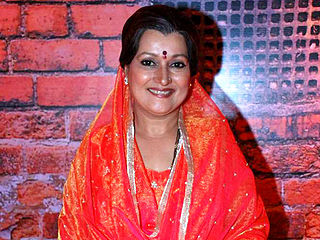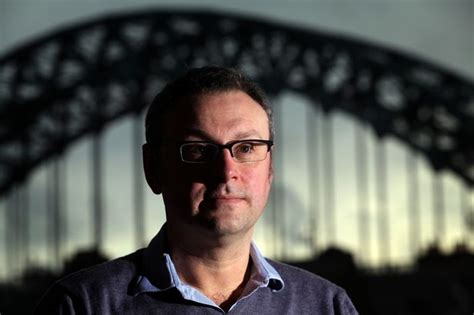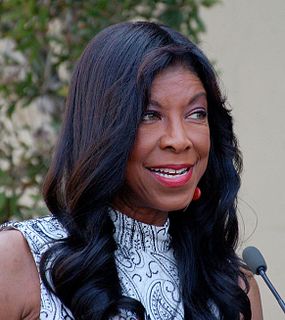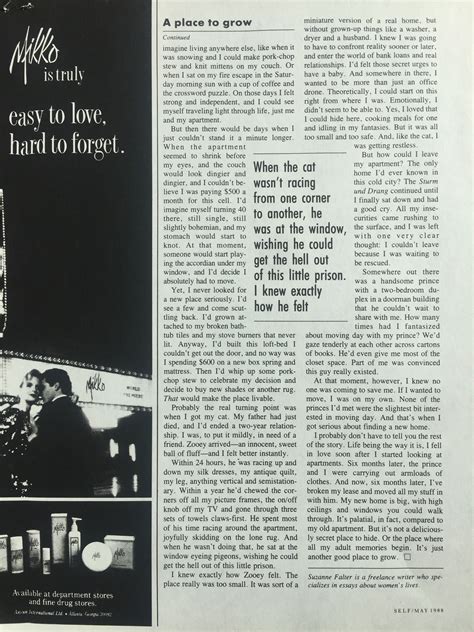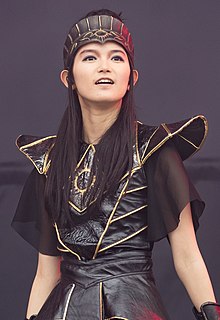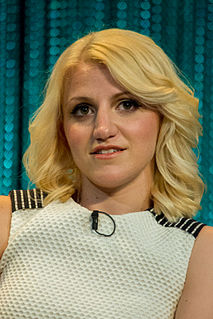A Quote by Marina Abramovic
You see, what is my purpose of performance artist is to stage certain difficulties and stage the fear the primordial fear of pain, of dying, all of which we have in our lives, and then stage them in front of audience and go through them and tell the audience, I'm your mirror; if I can do this in my life, you can do it in yours.
Related Quotes
You see, what is my purpose of performance artist is to stage certain difficulties and stage the fear the primordial fear of pain, of dying, all of which we have in our lives, and then stage them in front of audience and go through them and tell the audience, 'I'm your mirror; if I can do this in my life, you can do it in yours.'
Normally classical music is set up so you have professionals on a stage and a bunch of audience - it's us versus them. You spend your entire time as an audience member looking at the back of the conductor so you're already aware of a certain kind of hierarchy when you are there: there are people who can do it, who are on stage, and you aren't on stage so you can't do it. There's also a conductor who is telling the people who are onstage exactly what to do and when to do it and so you know that person is more important than the people on stage.
I got on stage and I went, "Oh wow. No stage fright." I couldn't do public speaking, and I couldn't play the piano in front of people, but I could act. I found that being on stage, I felt, "This is home." I felt an immediate right thing, and the exchange between the audience and the actors on stage was so fulfilling. I just went, "That is the conversation I want to have."
Whether you are a writer or an actor or a stage manager, you are trying to express the complications of life through a shared enterprise. That's what theatre was, always. And live performance shares that with an audience in a specific compact: the play is unfinished unless it has an audience, and they are as important as everyone else.
Whether you are a writer, or an actor, or a stage manager, you are trying to express the complications of life through a shared enterprise. That's what theatre was, always. And live performance shares that with an audience in a specific compact: the play is unfinished unless it has an audience, and they are as important as everyone else.
For me, every time I step on the stage it feels like a battle is about to start. It's not like we're going on stage to fight against our audience obviously, because for me, when I go on stage, I'm always trying to reach a new level of how am I going to make today a great night for everyone that's present.
On camera, the audience can see your eyes close up - they can see behind your eyes - and when you're on stage, you need to make sure that the person sitting in the back row can feel what's happening behind your eyes, even if they can't see them. Having a live audience is exhilarating and exciting all on its own, but you know, it is quite different.



